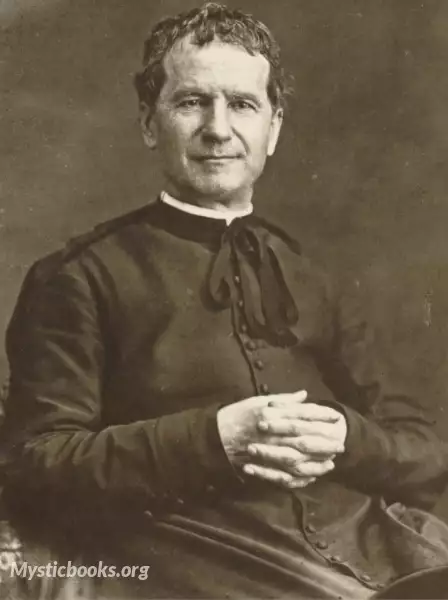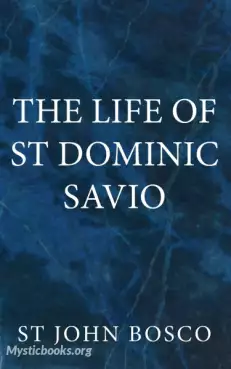
Timeline
Title
Country/Nationality
John Bosco
John Melchior Bosco popularly known as Don Bosco was an Italian Catholic priest, educator, writer and saint of the 19th century. While working in Turin, where the population suffered many of the ill-effects of industrialization and urbanization, he dedicated his life to the betterment and education of street children, juvenile delinquents, and other disadvantaged youth. He developed teaching methods based on love rather than punishment, a method that became known as the Salesian Preventive System.
John Bosco was born on the evening of 16 August 1815 in the hillside hamlet of Becchi, Italy. Becchi is located in a region that was called Castelnuovo d'Asti, which was later renamed Castelnuovo Don Bosco in honour of the saint. He was the youngest son of Francesco Bosco (1784–1817) and Margherita Occhiena. He had two older brothers, Antonio, and Giuseppe (1813–1862). The Boscos of Becchi were farmhands of the Moglian Family. John Bosco was born in a time of great shortage and famine in the Piedmontese countryside, following the devastation wrought by the Napoleonic Wars and drought in 1817.
When he was little more than two years old, his father, Francesco died, which left the support of three boys to his mother, Margherita. She played a strong role in Bosco's formation and personality, and was an early supporter of her son's ideals.
In 1825, when he was nine, Bosco had the first of a series of dreams that would play an influential role in his outlook and work. This first dream "left a profound impression on him for the rest of his life", according to his own memoirs. Bosco apparently saw a multitude of very poor boys playing and blaspheming and a man, who "appeared, nobly attired, with a manly and imposing bearing" and said to him, "You will have to win these friends of yours not with blows, but with gentleness and kindness. So begin right now to show them that sin is ugly and virtue beautiful".
Bosco, when he was ten years old at the festive oratory, started watching his classmates' attitudes, and in every fight, he was the referee. The older boys were scared of him because he knew their strengths and their weaknesses.
When traveling entertainers performed at a local feast in the nearby hills, he watched and studied the jugglers' tricks and the acrobats' secrets. Then, he would put on shows of his skills as a juggler, magician, and acrobat with prayers before and after the performance. The money that he needed to prepare all the shows was taken from selling the birds that he hunted and given to him by his mother because she trusted him.
Poverty prevented any serious attempt at schooling. His early years were spent as a shepherd, and he received his first instruction from Don Calosso who "was impressed by John’s memory and understanding of the sermons he had heard at" "a parish mission in a nearby Church." His childhood experiences are thought to have inspired him to become a priest. Being a priest was then more commonly a profession for the privileged classes, than for farmers. Some biographers portray his older brother, Antonio, as the main obstacle for Bosco's ambition to study, as Antonio protested that John was just "a farmer like us!"
On a cold morning in February 1827, John left his home and went to look for work as a farm servant. At 12, he found life at home unbearable because of the continuous quarrels with Antonio. Having to face life by himself at such a young age may have developed his later sympathies to help abandoned boys. After begging unsuccessfully for work, he ended up at the wine farm of Louis Moglia. Although he could pursue some studies by himself, he was not able to attend school for two more years. In 1830, he met Joseph Cafasso, a young priest who identified some natural talent and supported his first schooling. Bosco's mother, Margherita, managed to earn enough money to finance his education. In 1835, Bosco entered the seminary at Chieri, next to the Church of the Immacolata Concezione. In 1841, after six years of study, he was ordained a priest on the eve of Trinity Sunday by Archbishop Franzoni of Turin. He was twenty-six years old.
Books by John Bosco

The Life of St. Dominic Savio
This it the most authentic biography of St. Dominic Savio, seeing as it is written by St. John Bosco, Savio's teacher.